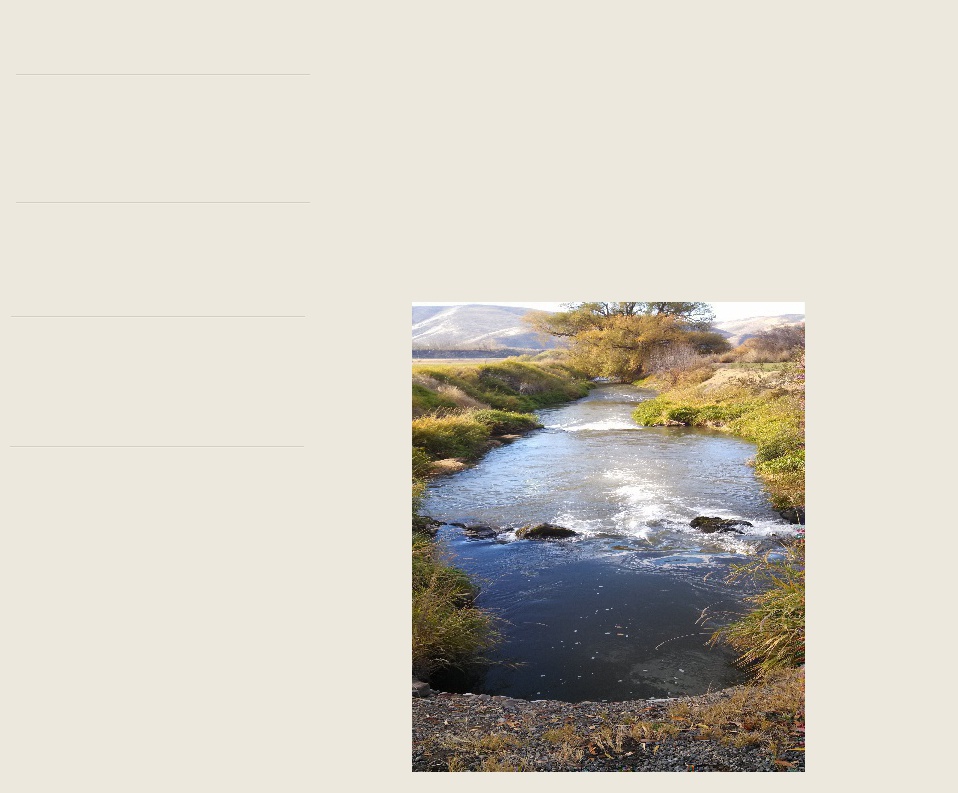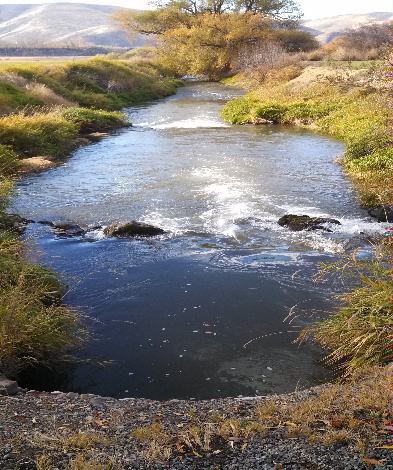









Sampling Types
Fixed Site Sampling
Weekly sampling preformed at a set of sites determined prior to the beginning of the sampling season. Some of these sites have been monitored at weekly or biweekly rates since 1999, allowing us to compare long-term water quality trends throughout our county.
Weekly sampling preformed at a set of sites determined prior to the beginning of the sampling season. Some of these sites have been monitored at weekly or biweekly rates since 1999, allowing us to compare long-term water quality trends throughout our county.
Event Sampling
Sometimes large storms come through, snowmelt causes flooding, or drought leads to increased water temperatures. KCWP monitors these events to track their impact on water quality.
Sometimes large storms come through, snowmelt causes flooding, or drought leads to increased water temperatures. KCWP monitors these events to track their impact on water quality.
Compliance Sampling
When irrigators have issues with the quality of the water leaving their property, KCWP assesses the situation, notifies the parties involved, and then conducts follow-up monitoring to make sure the problem is resolved.
When irrigators have issues with the quality of the water leaving their property, KCWP assesses the situation, notifies the parties involved, and then conducts follow-up monitoring to make sure the problem is resolved.
KCWP staff spend a fair portion of their working time in the field during the summer
months. During the winter, the data that was collected in the summer is rigorously
examined and analyzed. Water quality improvements are noted, and areas of concern are
highlighted.
While in the field, staff may be taking turbidity readings, noting staff gage readings, collecting temperature data, testing dissolved oxygen levels, performing flow measurements, or documenting water quality issues.
The work we do in the field is the backbone of water quality monitoring, without which we cannot document the water quality improvements taking place in our county.
In 2024, approximately 25 sites will be sampled on a weekly basis.
While in the field, staff may be taking turbidity readings, noting staff gage readings, collecting temperature data, testing dissolved oxygen levels, performing flow measurements, or documenting water quality issues.
The work we do in the field is the backbone of water quality monitoring, without which we cannot document the water quality improvements taking place in our county.
In 2024, approximately 25 sites will be sampled on a weekly basis.
Fieldwork
KCWP fieldwork
Copyright 2015-2024 Kittitas County Water Purveyors
PO Box 276
Ellensburg, WA 98926
PO Box 276
Ellensburg, WA 98926
Website Themes by CoffeeCup Software
Data Logging
Unlike the above sampling methods, data logging does not require the presence of staff in the field. Instead, equipment is put in place to monitor turbidity, temperature, or flow, the data is stored on a logger, and staff download the data the next time they are in the field.
Unlike the above sampling methods, data logging does not require the presence of staff in the field. Instead, equipment is put in place to monitor turbidity, temperature, or flow, the data is stored on a logger, and staff download the data the next time they are in the field.





